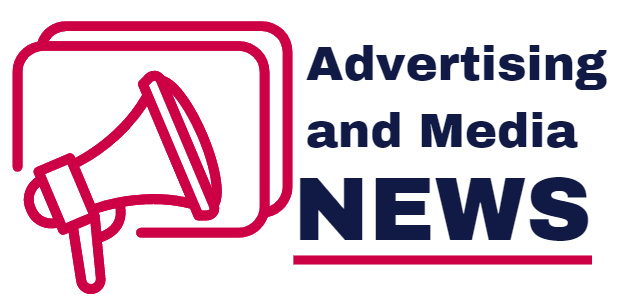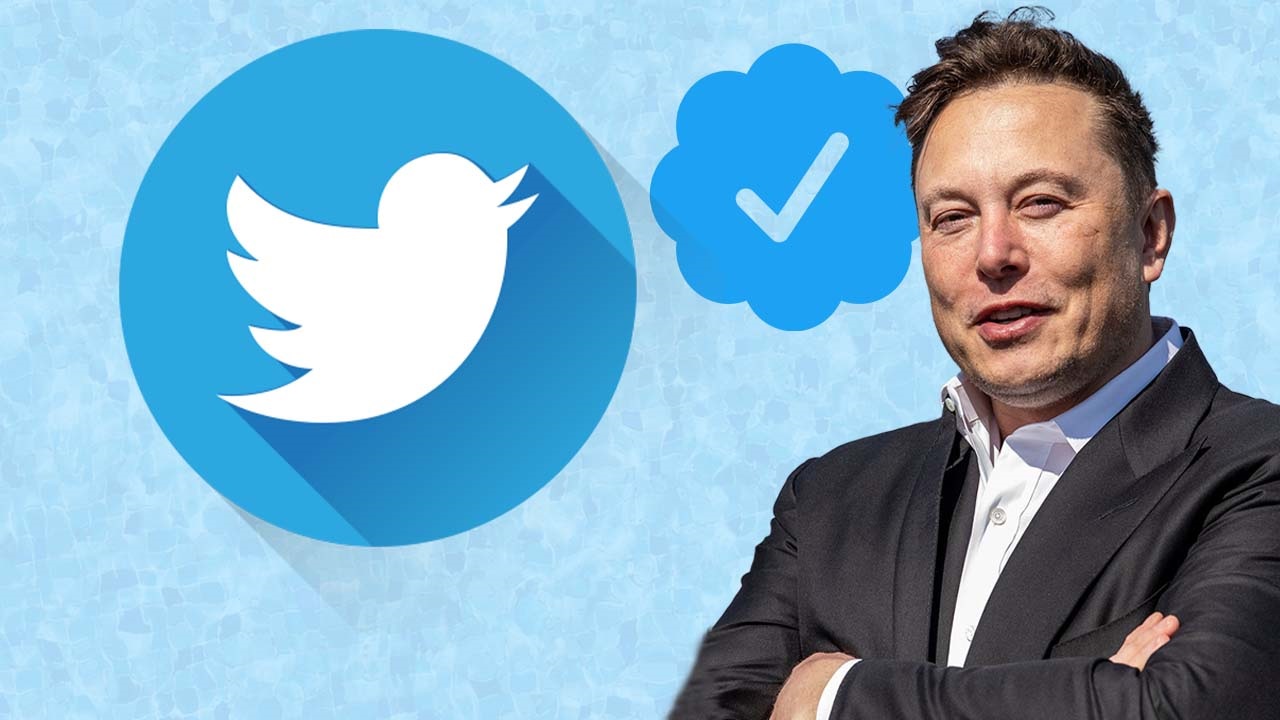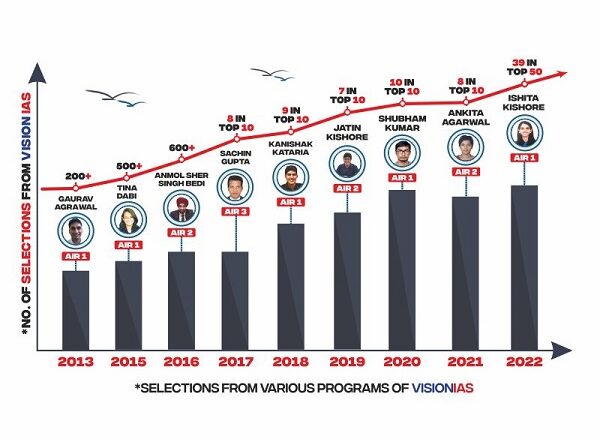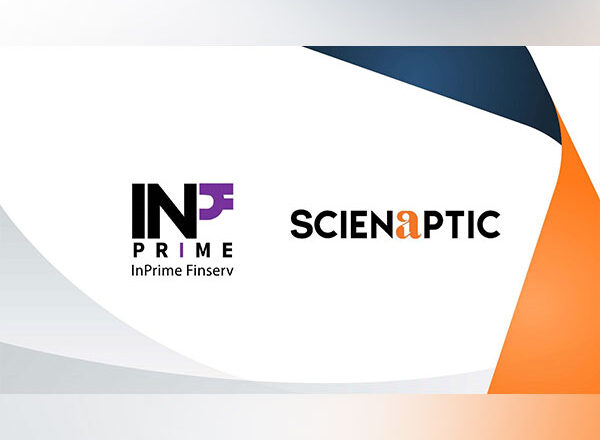Musk proposed changes to Twitter within a week of his takeover. These could change the way brands and users interact with the microblogging platform.
Twitter has been through a turbulent few weeks. It took some time for Elon Musk to “sink into” Twitter HQ. Once he was through the door, Musk has been busy shaking the foundations of the microblogging social networking platform. To get one’s profile verified and given a blue tick, he proposes to charge $8 per user (roughly Rs 662)
Signing up as a paid user will give you some benefits, such as priority in replies, mentions, and searches (which Musk claims are essential to defeating spam/scam posts), half the ads, and the ability for long audio and video to be posted.
Kunal Shah, founder of CRED (a Bengaluru-based fintech firm) and verified Twitter user sums up succinctly what the blue tick means on the microblogging site: Clout.
Varun Duggirala is the founder and chief creator of Plot Device Entertainment. He pauses to reflect on the latest developments. He emphasizes that verification requires that you look at the data inputs.
“This could actually help reduce the fake bot problem that has plagued Twitter for ages. It could also enable individuals to have to sign up with their real credentials versus fictional ones.”
Duggirala adds that the verification badge was always meant to verify a popular personality’s account to ensure that it stands out from possible fake ones. He adds that in many ways, this is how it should be across platforms.
Akshay Gurnani, co-founder and CEO of Schbang feels that this new development might take away the importance of the blue tick and the onus is now more on the content consumer to ensure they themselves verify the source, which can be tough.
“I hope Twitter improves the automation of content moderation to prevent fake news and misinformation from spreading. I do however understand that there will be a secondary tag underneath the name of public figures which will further authenticate prominent users,” says Gurnani.
Shradha Agarwal, co-founder, and CEO of Grapes says it is still too early to attempt to estimate how the new verification rules will shape up in the future.
“But as the sale of blue tick will open to the masses, it will raise concerns, with respect to the entire credibility of the verification. As people look up to personalities with a blue tick, it is likely that with ticks being purchased in the future, the relevance of the account may be compromised. This could even give rise to fear of misinformation and fake news.”





